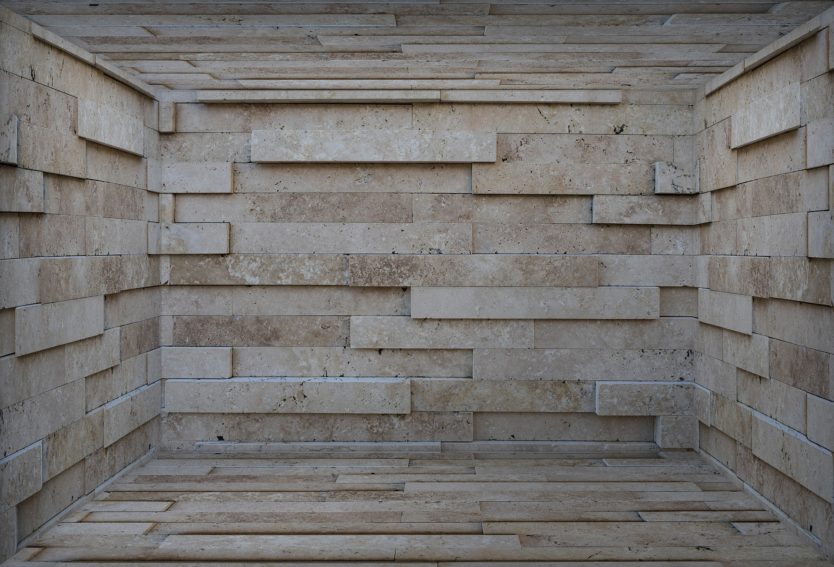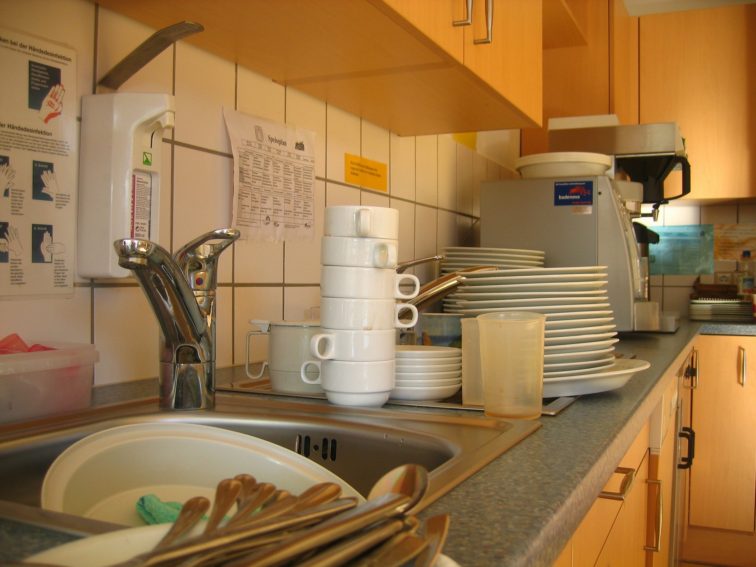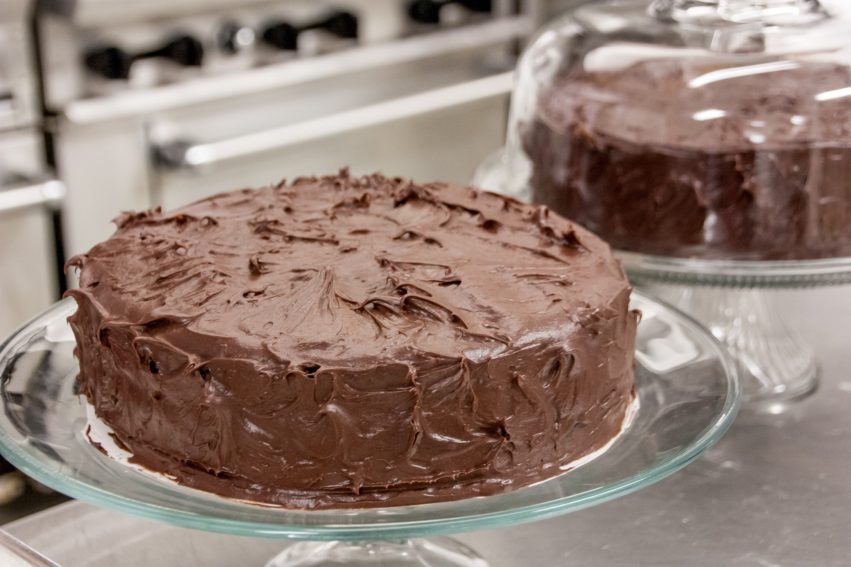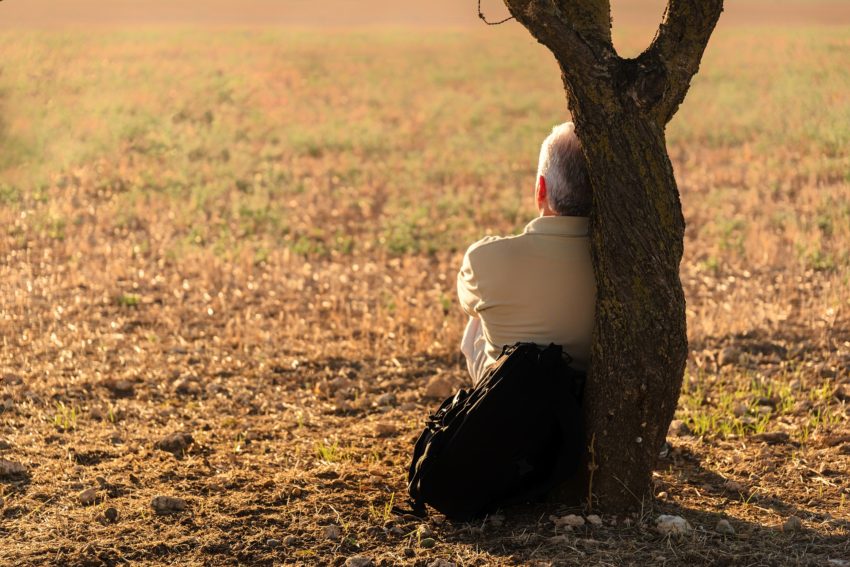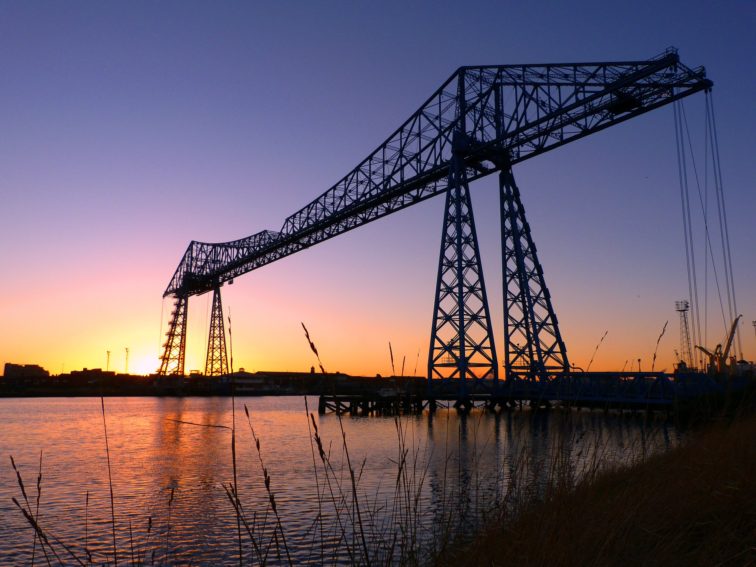
Teesside Advertiser
I used to write a column for the Teesside Advertiser. It was one of those free newspapers, mostly adverts, which went through every door in the county, apart from Hartlepool, where they always plough their own furrow.
I got the column during the 1980s, when I worked in Middlesbrough and volunteered with an organisation called RESPOND! R! was the Churches’ Response to Cleveland’s Industrial Crisis. The idea was to visit and report on projects that involved the unemployed. So, I travelled all over Middlesbrough, Stockton and Langbaugh collecting stories, which seem in retrospect to be mostly about wood workshops. It would have been a bit dull, writing about cupboards every week but what was interesting was the why – why did so many unemployed people invest their time in these projects?
Almost every column I wrote was published. There was one exception. This is its story.
R! had just run a course for long-term unemployed with a few church ministers and the like. It was called “Dark Holy Ground”. Someone suggested I visit one of the organisers, Robert Gallagher, vicar of Coulby Newham, which is a new estate, south of Middlesbrough.
Robert’s gift was listening, I can’t remember meeting anyone else with this gift to such a degree. Throughout the course, Robert listened carefully and made notes on bits of paper. People on the course also wrote bits and bobs on scraps of paper. At the end of the course, the organisers had a sizeable pile of paper.
It needed sorting and so the three of them, Robert, Keith who was R!’s paid worker and the Catholic Priest based at Middlesbrough’s Cathedral, took the papers to a pub in Guisborough. They spent the evening utterly absorbed in discussing each piece and deciding which booklet it belonged and where in its booklet it belonged.
Towards the end of the evening, they finished and looked up to find the bar in silence. They hadn’t noticed customers silently gathering around and listening to their conversation. These papers powerfully moved hearts.
Robert explained that at the start, each participant in the course told their story. This simple exercise changed everything. Story after story was about the pain of long-term unemployment. Life without purpose, sat in front of daytime TV all day every day. If not, then blaming yourself. Lives of bitterness and futility. Their stories were pretty much the same.
Then someone said, “Hang on, if this is happening to all of us, it can’t be us who are to blame”. This led to a flood of creativity. They studied the Psalms together and found a connection with the writers of songs from long ago, people experiencing much the same thing. Then they found Psalm 139, v11. “The darkness with you is no darkness at all, the night is as light as the day.” And someone said: “It’s still dark!”
Their lives were transformed in all respects apart from material. They were able to say as they re-engaged with the world around them, “Unemployment is the best thing that happened to me.” Word spread and a few other groups did a similar exercise. People once ashamed of their story, were willing to tell it in public.
I’ve known since that conversation with Robert, how powerful storytelling can be – their stories shared, transformed lives. Unable to share their stories, they were isolated in their pain. Once they were able to share, they took responsibility for the mistakes of politicians and business owners and made their own way. They found solitude through telling their stories.
I met Robert once more, he invited me to a second conversation a few days later. His church council meetings would stretch into the early hours of the morning because he encouraged its members to share their stories. He saw God has a dark face and the truth is we encounter God in suffering. We can live with and transform the pain if we know God’s dark face. This should sound harsh or shocking.
He asked me: “What do you think I feel when I hear a story of great pain and suffering?” I couldn’t answer that. “Joy”, he said. “That’s when I’m closest to God.”
Why didn’t the editor of the Teesside Advertiser publish my column about Dark Holy Ground? Maybe it was too religious or too political. What do you think?
Day 4/21 of my writing challenge. Every weekday, I publish a short piece of writing on my subject, solitude. The writings are based on a daily prompt from Megan Macedo, who leads the challenge. These are all first drafts with minimal revision. Please comment if you find these posts helpful. Previous: Whited Sepulchre. Next: Inscriptions.
